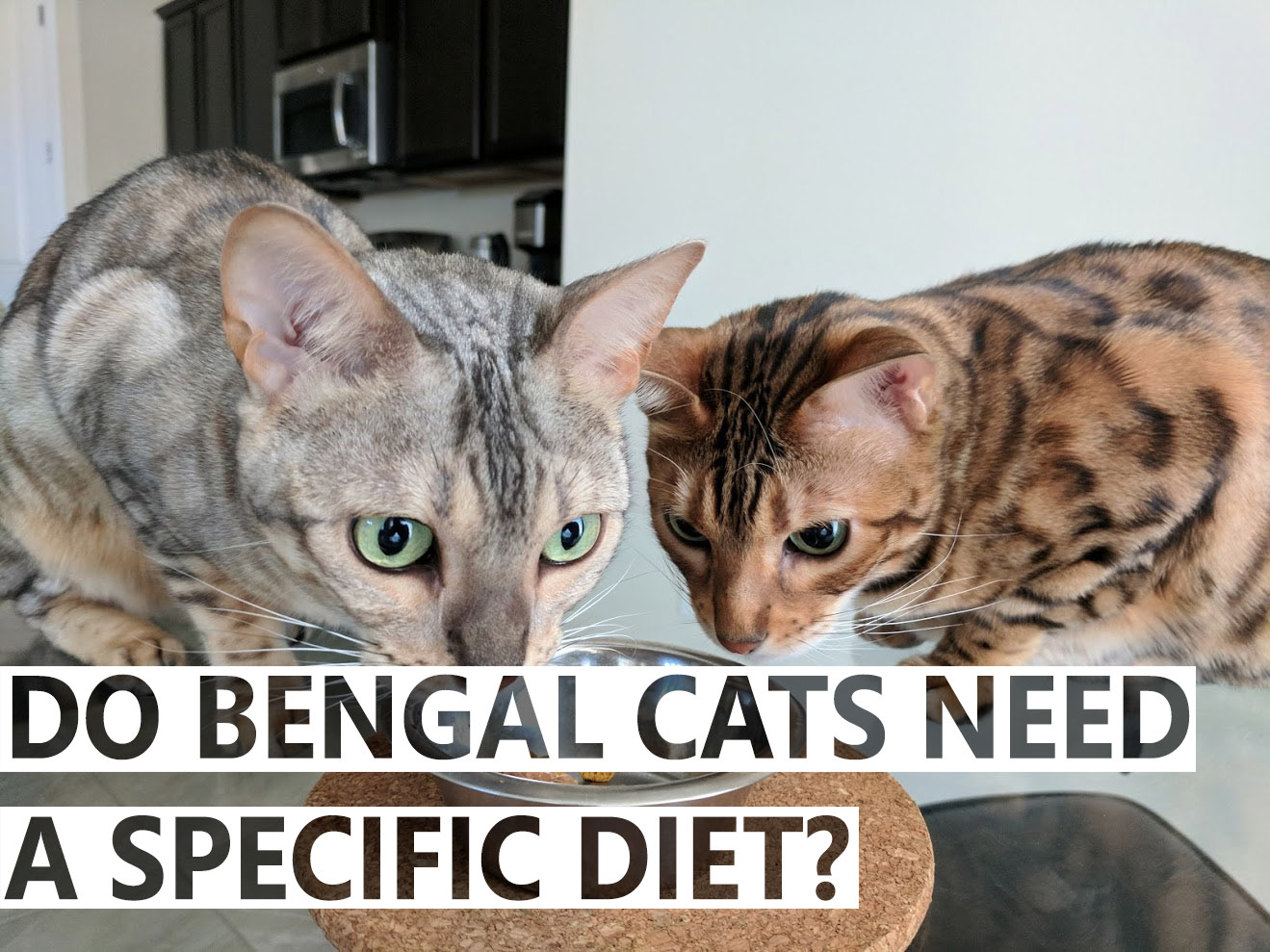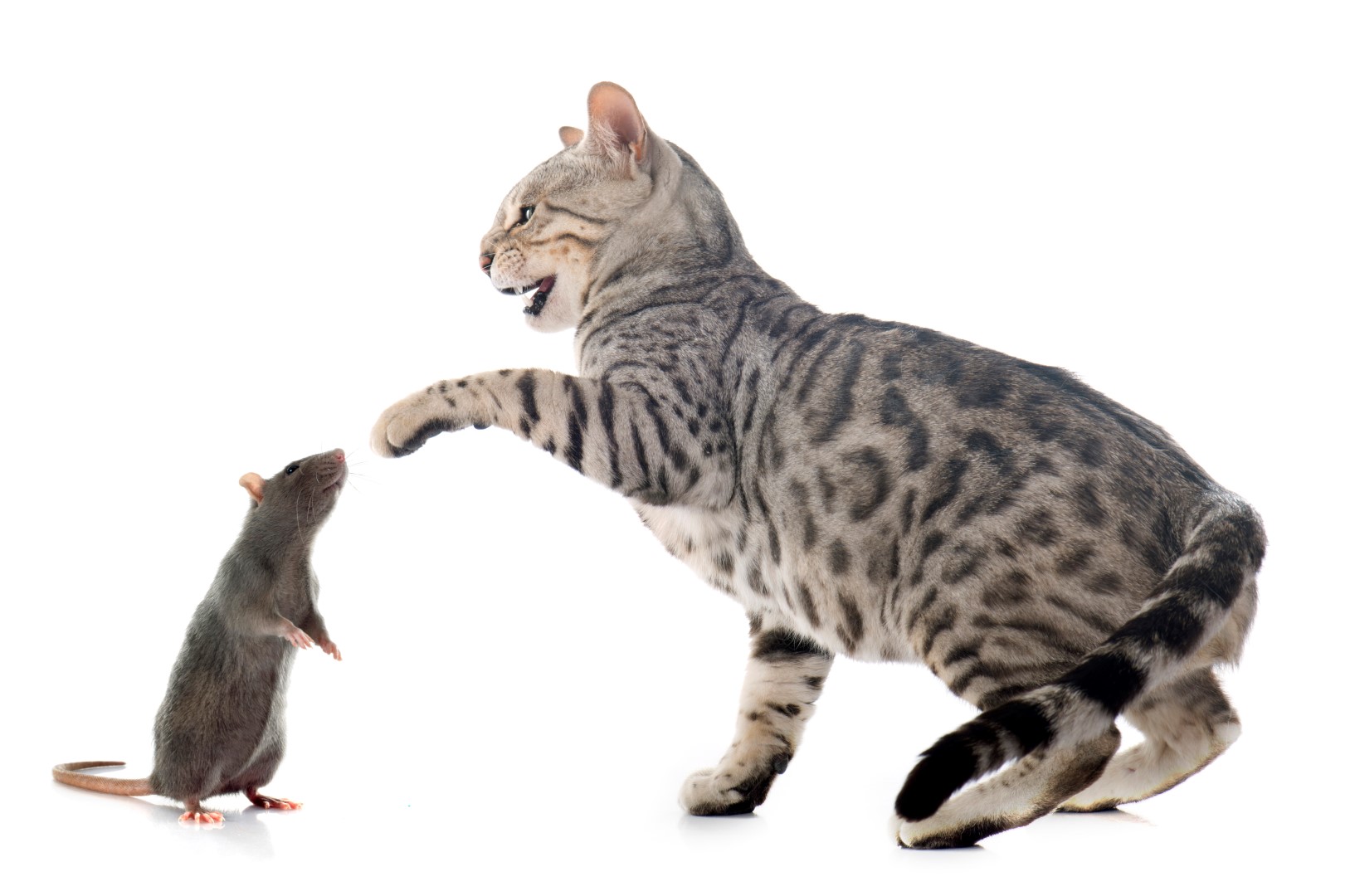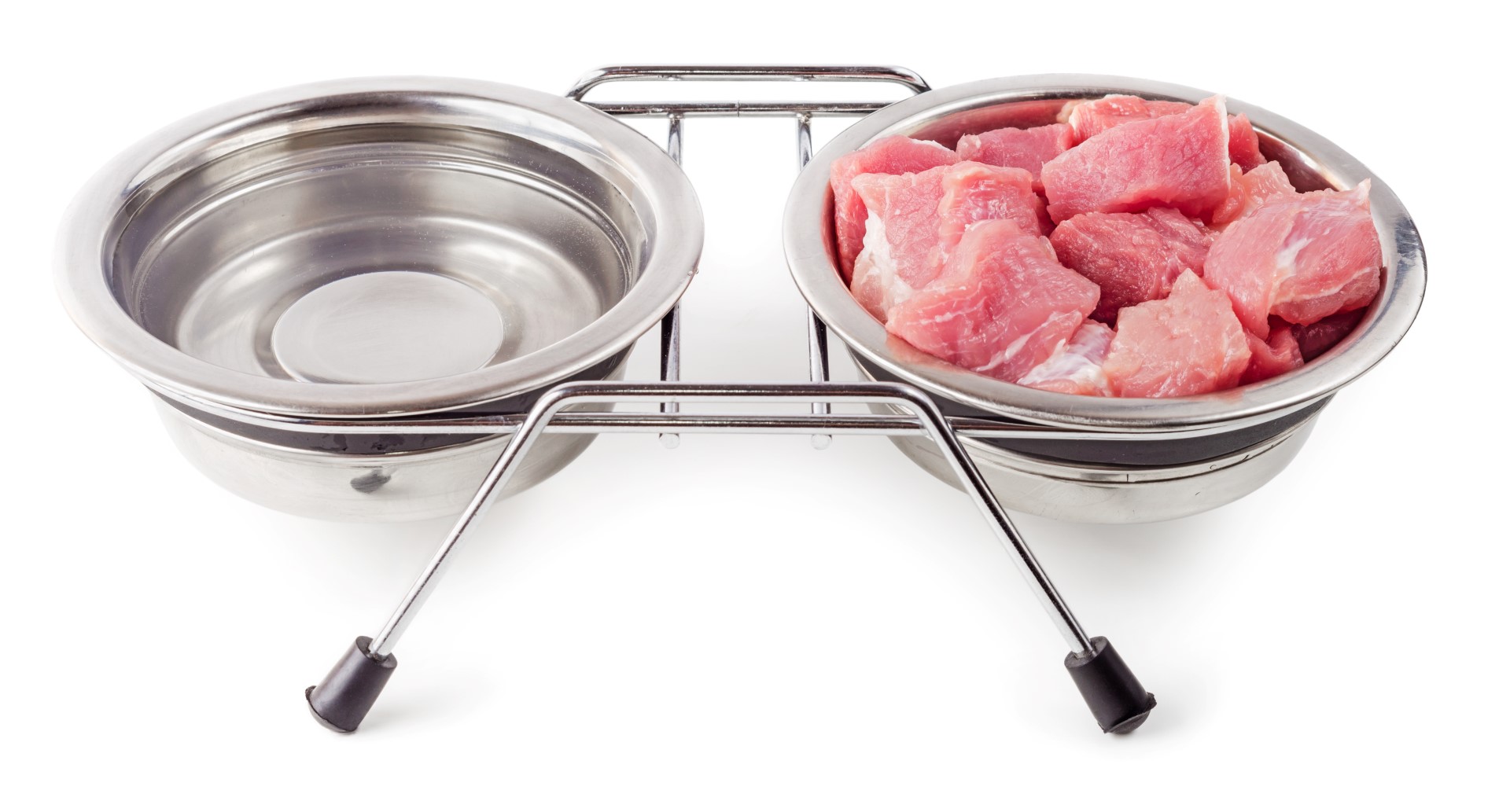As a pet owner and cat lover, you must be aware that healthy nutrition is critical to the general wellness of your pet.
Nevertheless, what exactly constitutes as healthy nutrition? How do you determine the right pet food for your precious pet?
With numerous brands and plenty of options available on the pet market today, finding healthy meals for your cats can seem very challenging. Here are some essential tips to help any Bengal cat owner feed their pets properly.
Understand your Bengal Cat’s Nutritional Needs
Bengal cats are unique, and are very much different from the average cats. Bengals inherited strong feral tendencies from their ancestors, the Asian leopard cats.
Therefore, they demand a slightly different diet as compared to that of ordinary cats. The critical question of which foods you should give a Bengal cat often puzzles many cat owners.
To better understand what your Bengal cat should eat, you must first appreciate their ancestor’s feeding habits, which comprised of birds, lizards, and insects. All of these foods that the Asian leopard cats ate in the wild were mostly protein based.
Regrettably, most commercial cat foods available today contain high carbohydrate and low protein content, which is not healthy for your Bengal cat.
So What Should You Feed your Bengal cat?
A Bengal cat, just like other cats, is an obligate carnivore, which means that their diet must contain meat. Their digestive system is fine-tuned and able to extract all the necessary protein, vitamins and fat from meat.
Here are the main diet recommendations for Bengal cats:
1. Avoid Grain-Rich Foods
Most readily available cat diets contain lots of grain, like barley, rice, corn or wheat. This grain is designed to help in bulking up the cat foods at a low price. So, the first recommendation for feeding your Bengal is to avoid foods that contain grains.
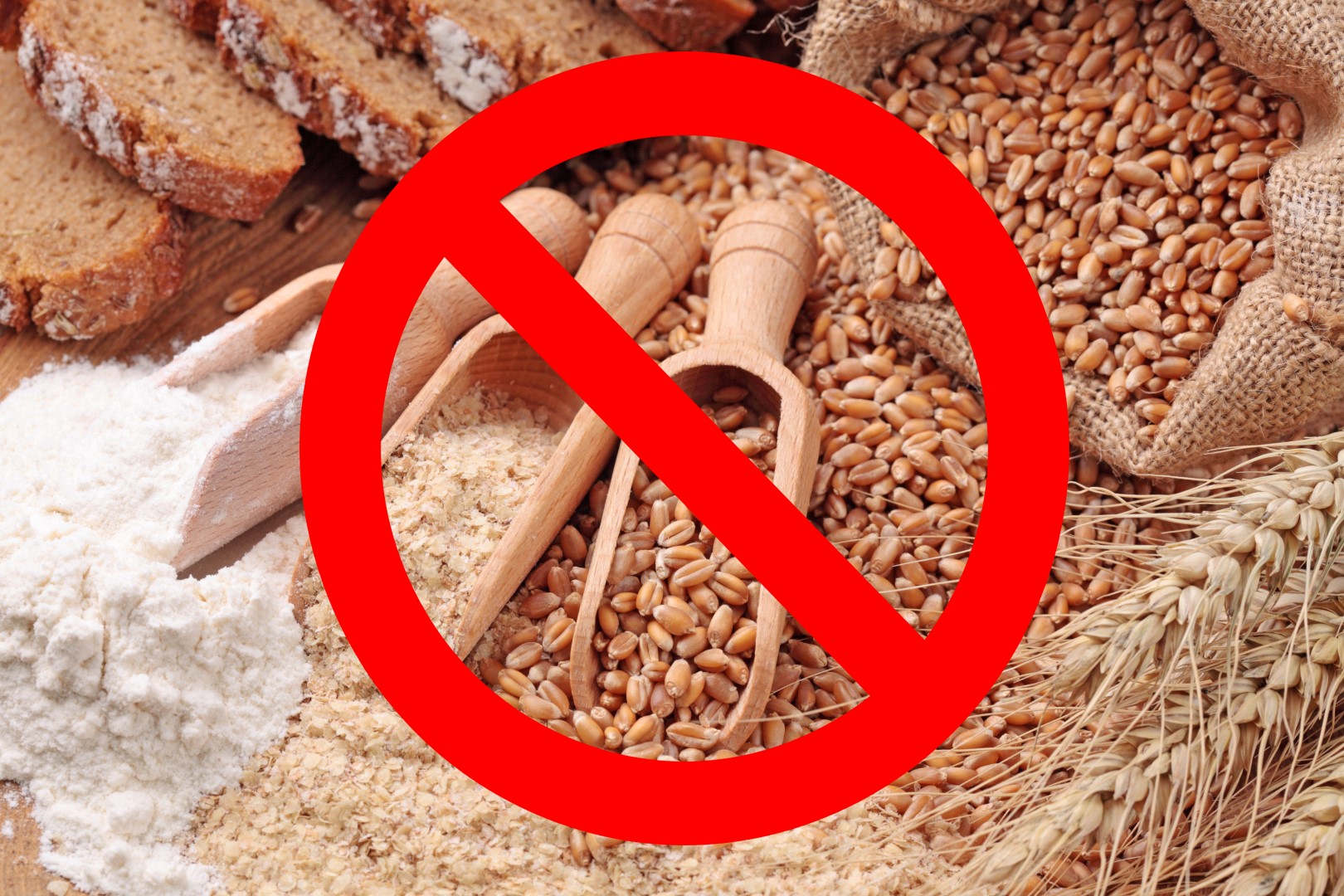
They just cannot digest large quantities of grain, and if you feed your Bengal lots of grains, then it could result in digestive problems.
Make sure you buy grain-free cat foods, which although a bit expensive compared to generic brands, will make your Bengal happier.
2. Raw meat
Most Bengal cat owners feed their pets with raw meat, even though some veterinarians are usually against this practice.
Nevertheless, a fresh meat diet can be beneficial for skin issues and gastric problems.
If you decide to go this route, it is necessary to do thorough research to ensure you include meat, organs, and bones in the right ratios.
Supplements like Kitty Bloom can be used together with a raw diet containing chicken, beef, rabbit and pre-made mixes for better results.
3. Fish
Bengal cats also enjoy fish, but you must give it to them in measurable quantities since excessive fish intake may lead to other nutritional deficiencies.
Give your Bengal white fish at least once a week since it has a high iodine content.
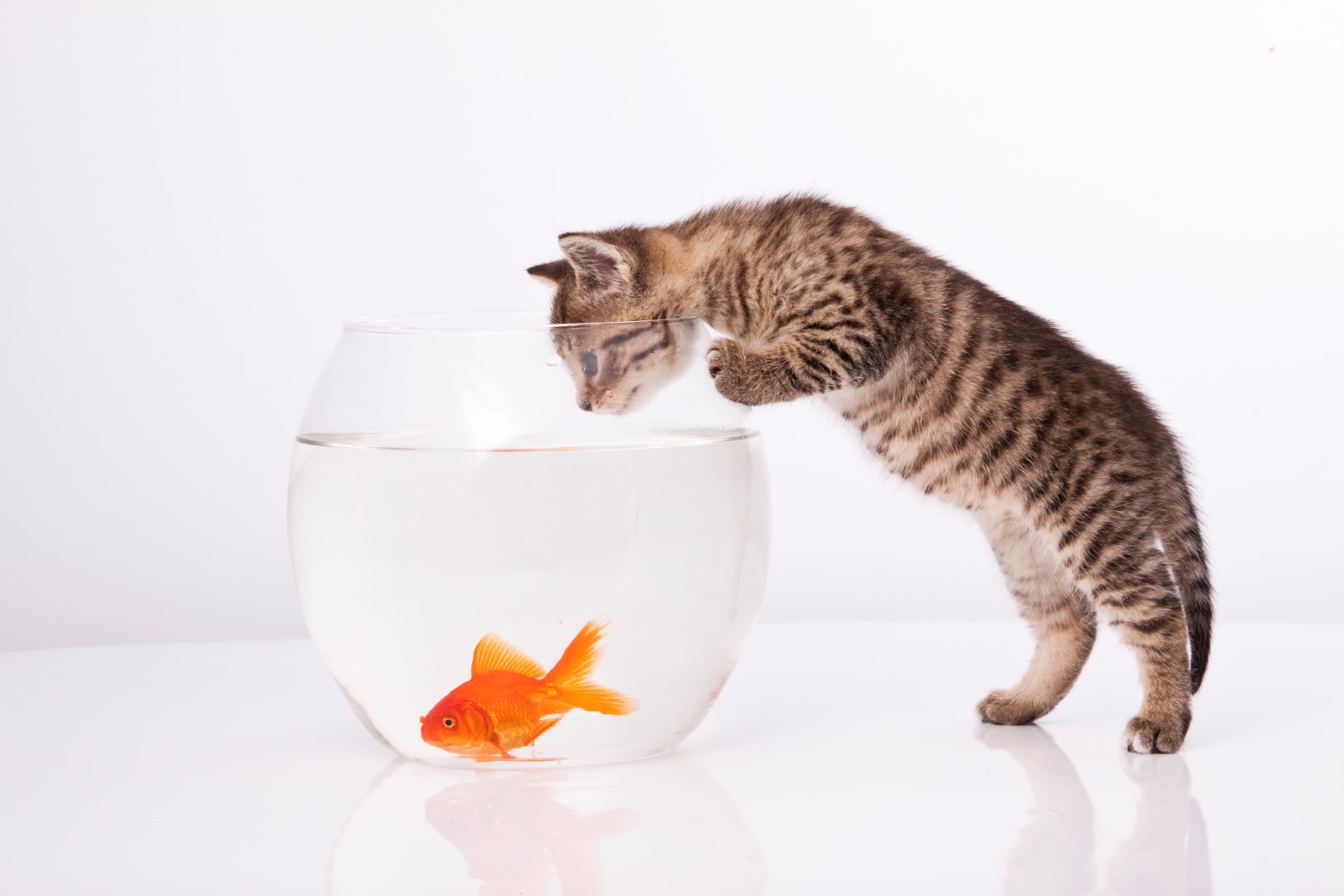
Tinned fish, like sardines, mackerel, and pilchards, are excellent sources of oily fish that helps keep your Bengal’s coat shiny.
It also helps to keep the joints supple and healthy.
4. Foods That Bengals Need To Avoid
Feeding your Bengal cat the following foods will lead to digestive problems like diarrhea or even worse medical issues:
• Avocados
• Chocolate
• Raw potatoes, sweet potatoes
• Fresh eggs
• Yeast dough
The other common mistake when it comes to Bengal diets is the tendency to overfeed your cats. With the availability of plentiful and concentrated cat foods, overfeeding can readily occur if you are not keen.
As Bengals live a much more comfortable life today than their ancestors did in the wild, they can eat a lot more food than they need. So ensure you keep track of what your cat is eating to avoid bloating, diarrhea and gas.
You must understand that your Bengal cat is unique and as such demands a special diet that is full of protein. It is also essential to avoid any commercial foods that contain artificial ingredients and fillers.
The main point to keep in mind as you shop for your Bengal cat foods is to keep things simple and nutritious.
Furthermore, also consider the total calorie intake of the foods to prevent overfeeding and weight-related problems.

